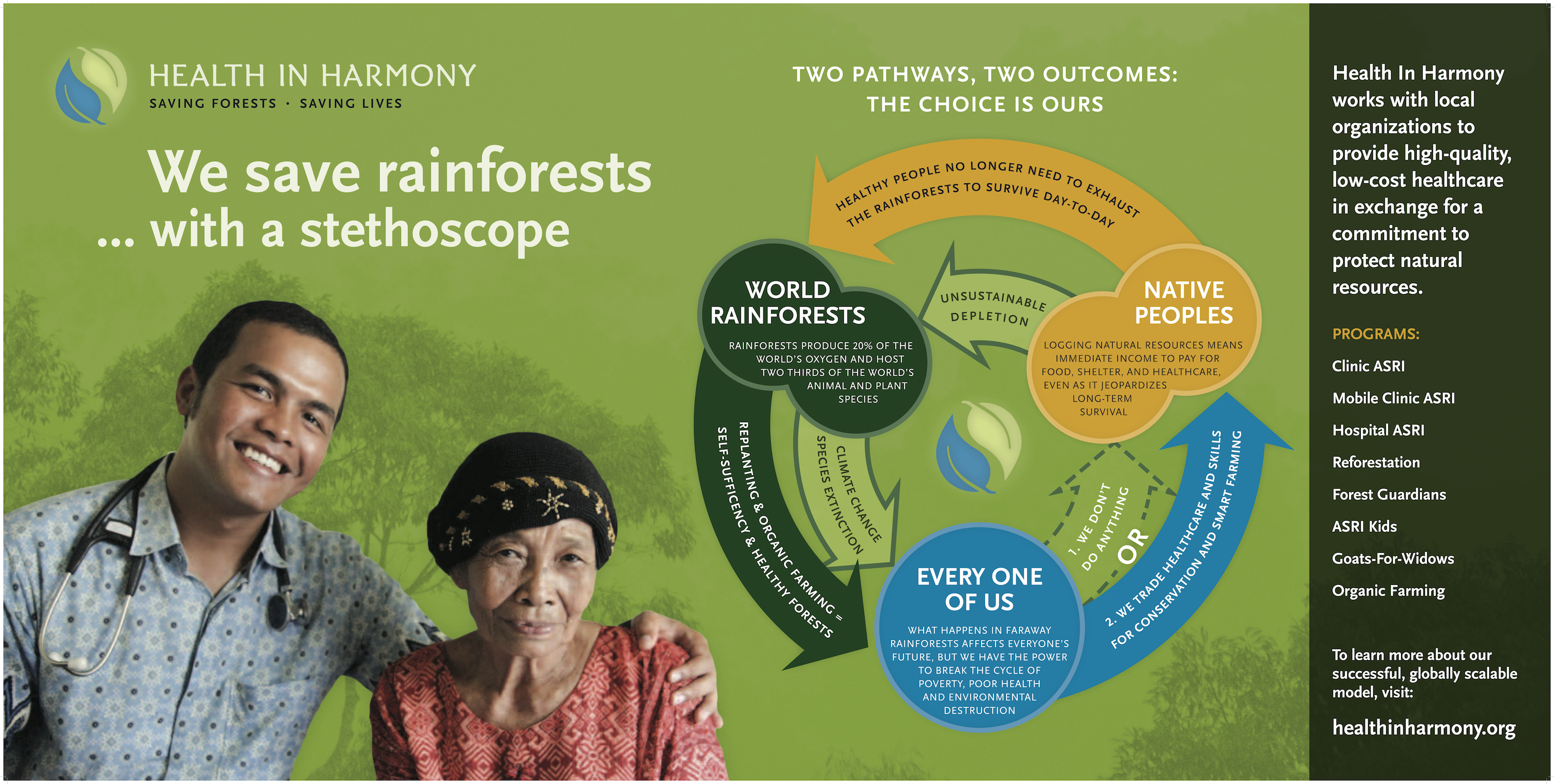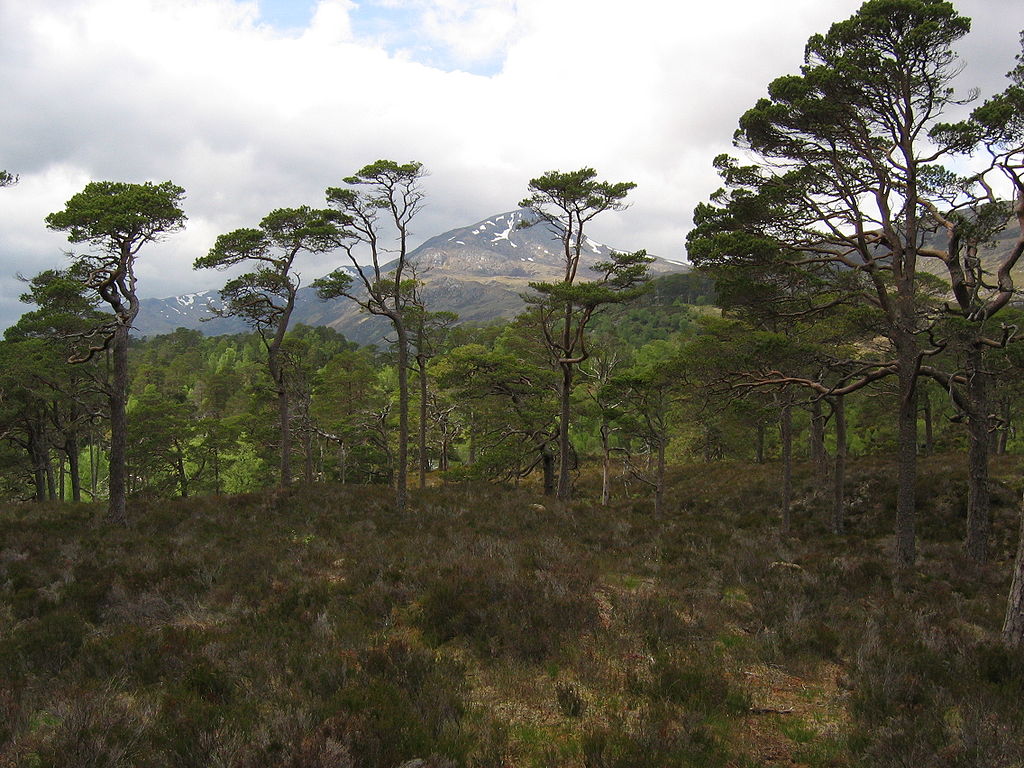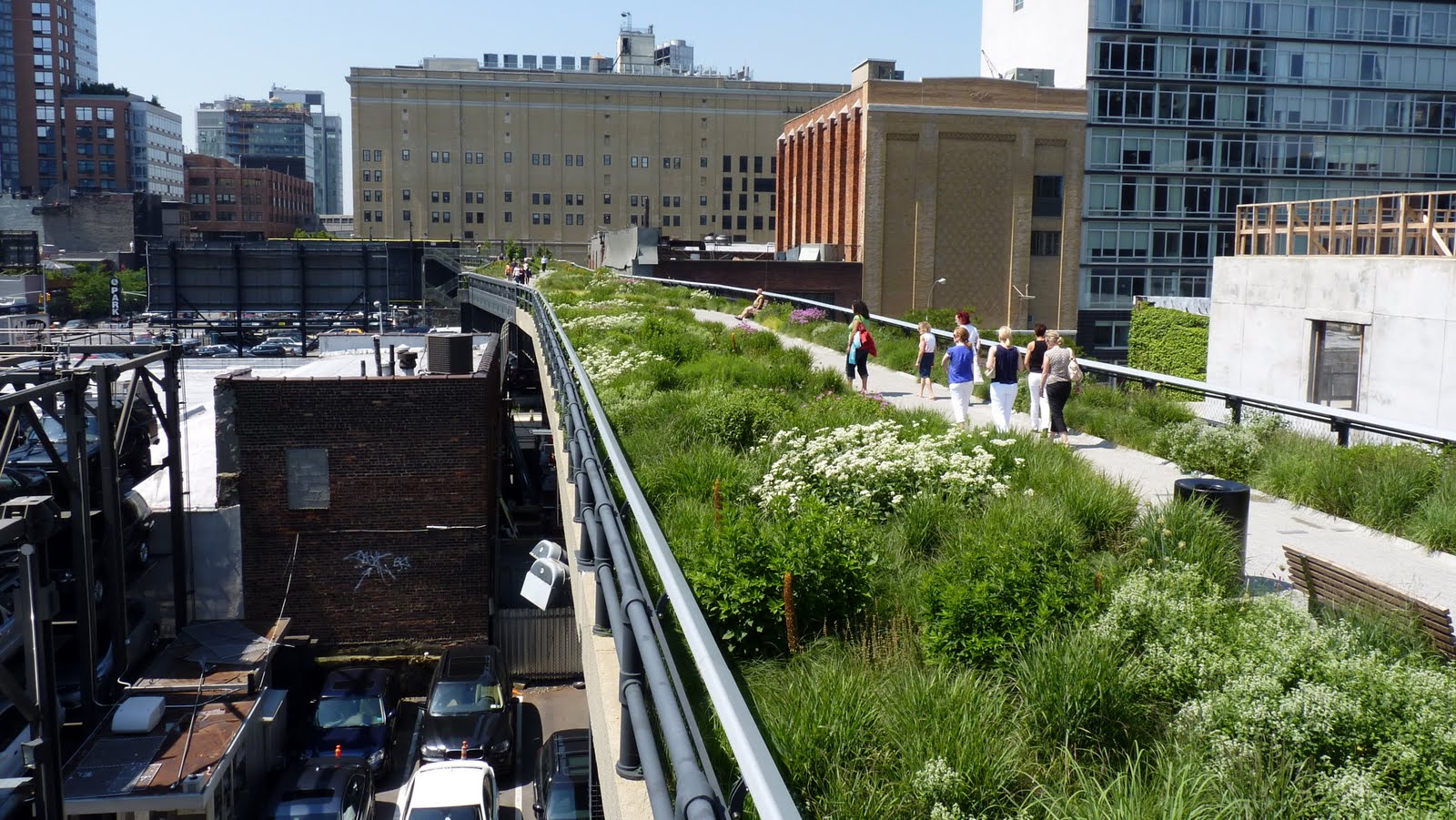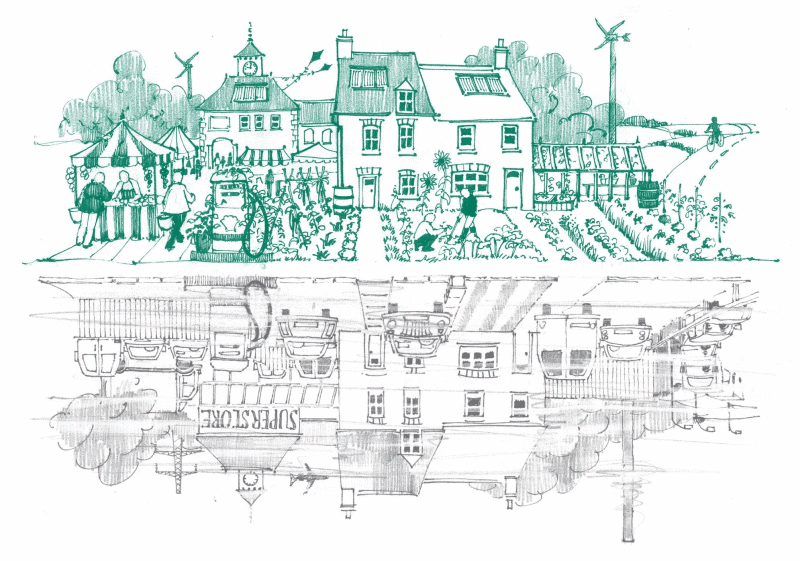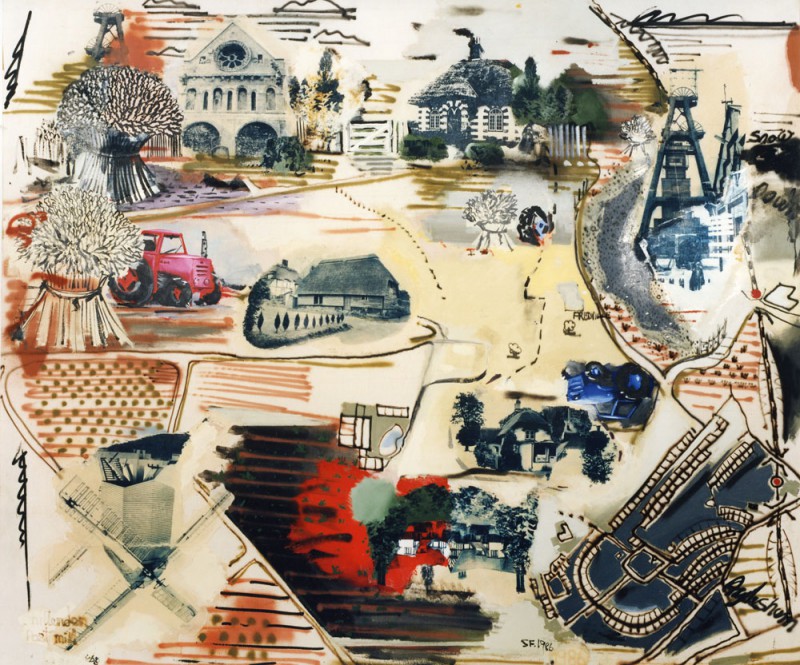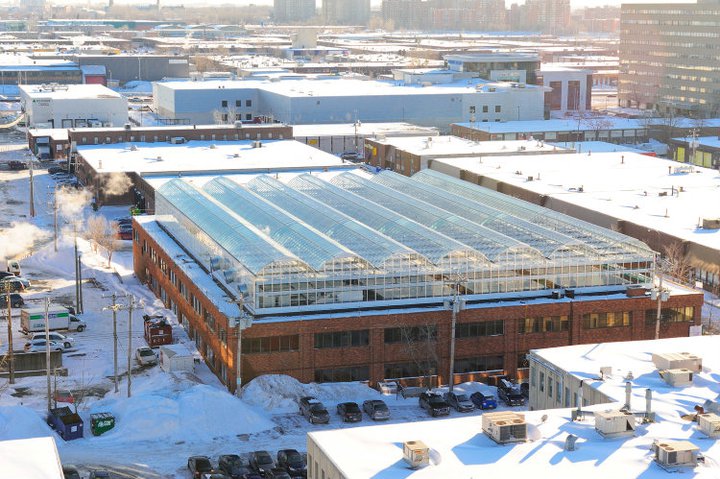CAMPFIRE
What type of wildlife conservation management is most effective and sustainable? CAMPFIRE (Communal Areas Management Programme for Indigenous Resources), designed and managed entirely by Africans, was created in the mid 1980's. It encourages local communities to make their own decisions about wildlife management and control so that plants, animals and people - the whole ecosystem - all benefit. Campfire also helps to provide legal ways for such communities to raise money by using [...]


